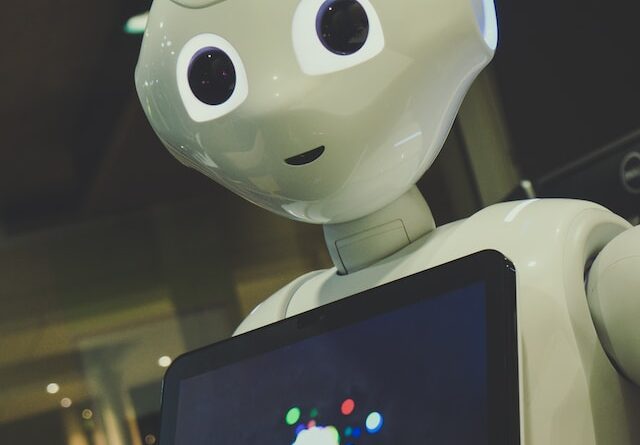AI Revolutionizes Daily Life: From Personal Assistants to Self-Driving Cars, Healthcare to Media Consumption
AI is rapidly changing the way we live our lives, and we cannot ignore its impacts. AI is evolving at a rapid pace and shaping our future, from AI-powered personal assistants like Siri and Alexa to self-driving cars. In this article, we will explore how AI is transforming our daily routines and lifestyles, and how it affects different aspects of our lives.
The way we interact with technology is one of the most significant impacts of AI on our daily lives. Intelligent personal assistants such as Siri and Alexa are now an integral part of our daily routines. They understand natural language and respond to our requests, allowing us to complete tasks like setting reminders, making calls, and playing music. We can also control smart home devices with voice commands, making our homes more convenient and efficient.
AI is also changing the way we work. Automation has been around for a while, but AI has made it smarter and more efficient. With the help of AI-powered tools, many repetitive tasks like data entry, customer support, and even some aspects of content creation can be done. This allows us to focus on more complex and creative tasks that require human intervention.
AI has transformed media consumption. Algorithms powered by AI analyze our behavior and preferences and suggest personalized content. Netflix and YouTube use AI to recommend movies and videos based on our viewing history, and social media platforms like Facebook and Instagram curate our newsfeeds to show us content that is more relevant to our interests.
Transportation is also being revolutionized by AI. Car manufacturers have developed and tested self-driving cars using AI to navigate and make decisions based on their surroundings. This technology has the potential to reduce accidents caused by human error and make transportation more efficient.
In the healthcare industry, AI-powered tools are being used to analyze large amounts of patient data, detect diseases earlier, and create personalized treatment plans. AI can also help doctors make more accurate diagnoses, reducing the risk of misdiagnosis and improving patient outcomes.
However, concerns exist about the potential drawbacks of AI. One of the primary concerns is the potential loss of jobs due to automation. As AI-powered tools become more advanced, many jobs that were previously done by humans may become obsolete. This could lead to a significant shift in the job market, requiring workers to retrain and acquire new skills to stay relevant.
Another concern is the ethical implications of AI. As AI becomes more advanced, it raises questions about the role of AI in decision-making and the potential for bias in algorithms. For example, AI-powered hiring tools have faced criticism for perpetuating gender and racial biases. It is crucial to ensure that AI is developed and used ethically, with careful consideration of the potential risks and consequences.
In conclusion, the impact of AI on our daily lives is significant, and we cannot ignore it. AI has transformed the way we interact with technology, work, consume media, travel, and receive healthcare. While concerns exist about the potential loss of jobs and ethical implications of AI, it is clear that AI has the potential to bring significant benefits to society. As AI continues to evolve and become more integrated into our lives, it is essential to consider the implications carefully and ensure that AI is developed and used ethically.


